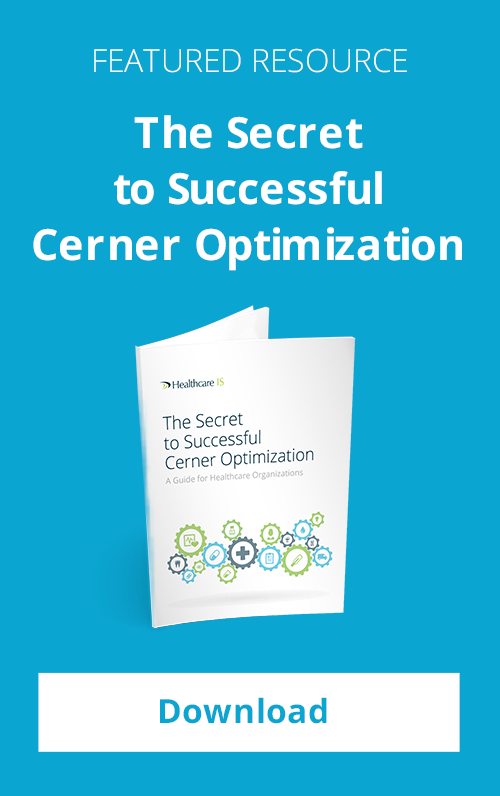The introduction of artificial intelligence (AI) tools in healthcare will certainly revolutionize and improve patient outcomes. As AI continues to advance, organizations must prepare for its implementation. This is where health informatics comes in - the intersection of healthcare and information technology.
The successful integration of AI in healthcare requires collaboration between health informatics professionals and clinical teams to ensure the human factor is considered every step of the way. In this blog post, we'll explore AI in healthcare and why the human factor is essential for preparing for its implementation.
Is Healthcare Ready for More AI Adoption?
Yes, healthcare is ready for more AI adoption. Organizations have recently begun adopting certain AI technologies to improve the patient and administrative experience.
Imagine a world where machine learning tools can read electronic health records and provide clinicians with diagnosis and treatment suggestions or help identify patterns in a patient's data that could lead to a breakthrough.
With AI, medical professionals could streamline administrative tasks like appointment scheduling and insurance processing. Whether it relates to someone's health or smooth business processes, AI technology is ready to aid healthcare organizations worldwide.
AI Tools Frequently Used in Healthcare
Here are just a few AI tools that are commonly used in healthcare today:
Machine Learning Algorithms: These algorithms often identify patterns and make predictions based on large health data sets. For example, they may predict a patient's risk of developing certain diseases or conditions based on their medical history and other data points.
Natural Language Processing (NLP): NLP is used to help computers understand and interpret human language. In medicine, this can be particularly useful for things like extracting information from clinical notes or helping to automate the coding of diagnoses and procedures.
Chatbots and Virtual Assistants: Chatbots and virtual assistants are increasingly used to help patients find information, make appointments, and even remotely monitor their health.
Computer Vision: This type of AI allows computer systems to gain an understanding of digital image and video content. In healthcare, it may be used to analyze medical images (like X-rays or MRIs) or to track patient movement and activity.
AI tools like these will become more widely adopted as healthcare IT evolves.
AI Concerns and Trust
One of the significant concerns with adopting AI in healthcare is the trust factor. As AI tools are integrated into clinical informatics, patients and care providers may hesitate to trust machines with sensitive data.
Patients may worry about their data being misused or improperly shared, while healthcare providers may worry about the accuracy and reliability of AI tools. Additionally, there is concern that AI may reduce the human touch that is so critical to patient care.
To address these concerns, it is essential to implement appropriate safeguards and regulations to ensure the responsible use of AI in healthcare. These may include developing ethical guidelines for AI use, investing in strong security measures, and involving patients and healthcare providers in decision-making.
The Human Element of Collaboration with AI in Healthcare
As AI technology revolutionizes healthcare, it is easy to get caught up in the potential efficiency gains and cost savings it can bring. However, we must recognize the importance of the human element in this equation. Healthcare providers are not simply robots; they are caregivers who provide a crucial personal touch that even the most advanced algorithms cannot replace.
While AI can automate specific tasks and processes, it cannot replicate the empathy, compassion, and personal attention essential to quality healthcare. AI can even enhance the human element by enabling providers to spend more time with patients, making their interactions more meaningful and impactful.
Effective collaboration between medical professionals and AI tools is essential for ensuring accurate diagnosis and treatment. Providers must be willing to embrace the technology and recognize its value. In turn, AI developers must recognize the value of the human element and build their tools with collaboration in mind.
As we prepare for more healthcare AI implementation, remember the critical importance of human collaboration. Technology may change how healthcare is delivered, but it will never replace the compassion and dedication of healthcare providers. We must balance innovation and human connection to ensure we continue providing the highest quality of care to our patients.


Comments